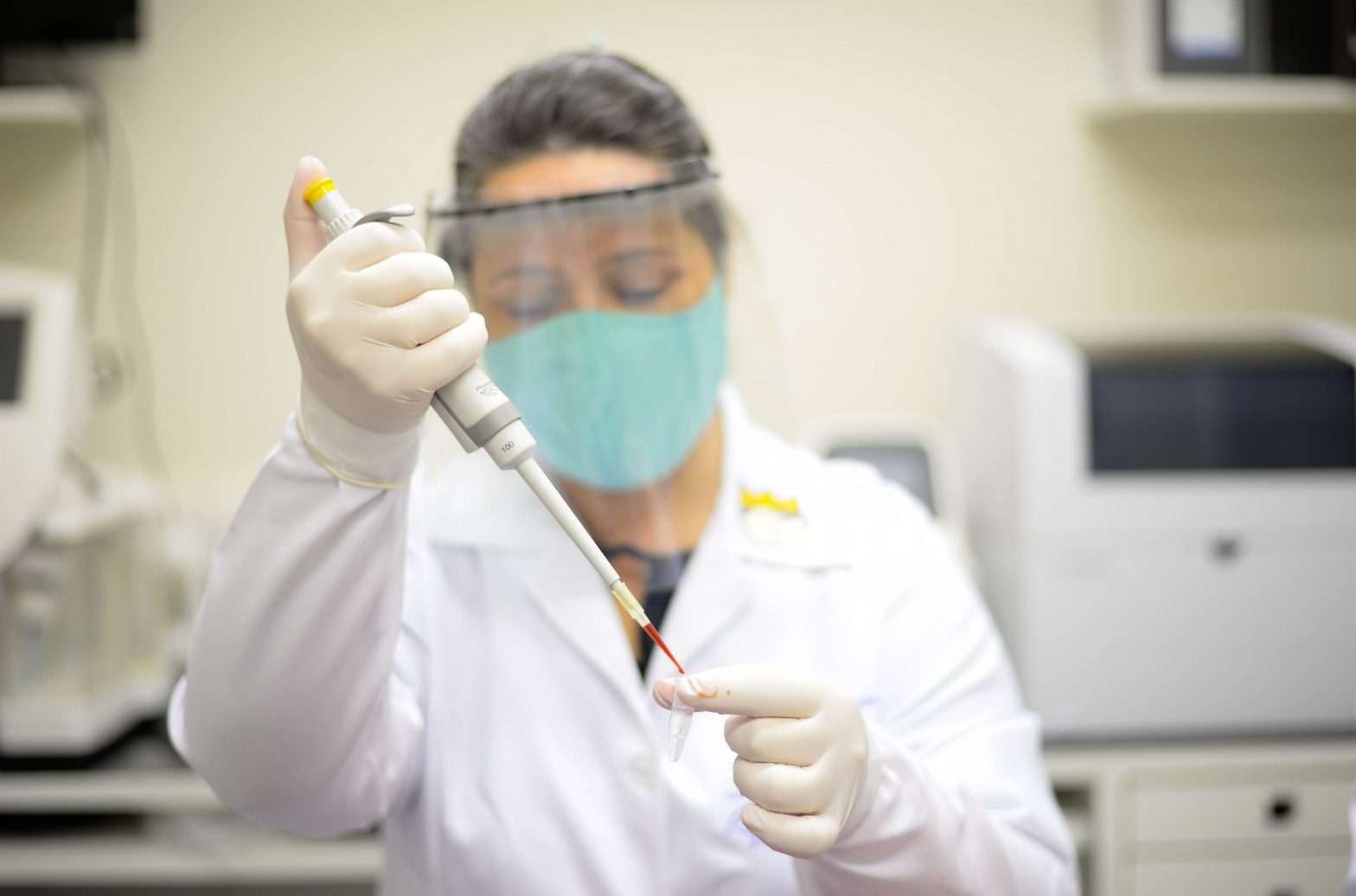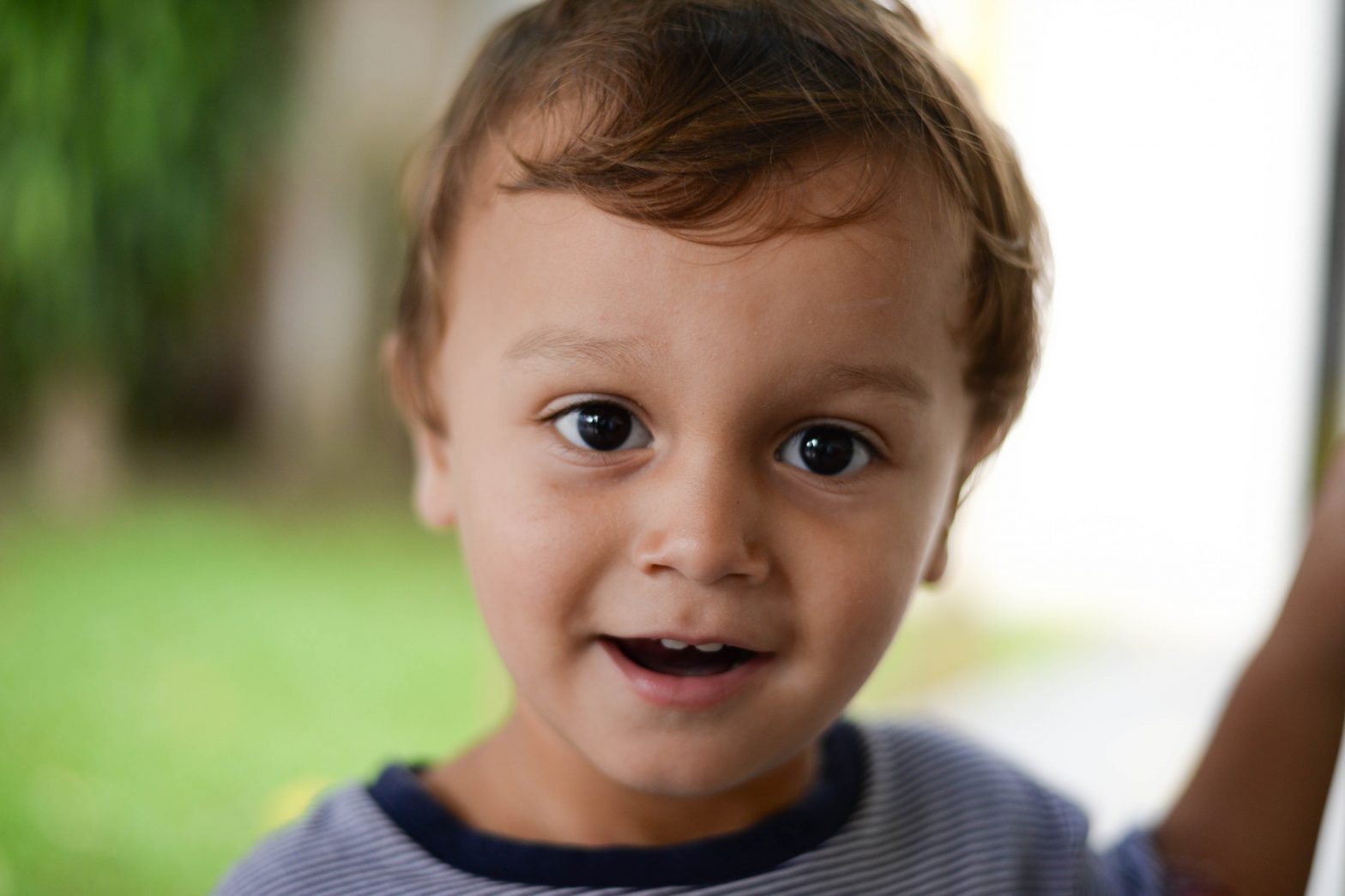Profile of people contaminated with coronavirus changes over pandemic
In the beginning, most patients with COVID-19 had comorbidities; now healthy children are becoming more contaminated

The number of children infected with the coronavirus had an explosion in Curitiba from the month of October, which was reflected in the overall numbers of care registered at Pequeno Príncipe Hospital. In the first eight months of the pandemic – from March to October – 134 patients confirmed with COVID-19 were treated. In the following three – November, December and January – the number of confirmed patients was 246. That means, the average number of cases went from 16.7 per month to 82 per month, an increase of more than 400%. In February, the number of cases has fallen slightly and until the 19th, 43 cases have been confirmed.
There was also a change in the profile of infected patients. At the beginning, most boys and girls with a positive diagnosis had some comorbidity, which has not been registered in recent months. “We have seen a significant increase in healthy contaminated children, which shows that they are being more exposed; that is, parents are taking less care,” warns the vice technical director of Pequeno Príncipe Hospital, doctor Victor Horácio de Souza Costa Júnior.
He makes an important point regarding vaccination. “As there are still no studies that allow children to be immunized, adults who live with them have an obligation to be vaccinated to protect them. It is also important to maintain the measures of social distancing, constant and correct hand hygiene and the cough etiquette, because whoever loves, takes care,” he emphasizes.

Balance
During 2020, Pequeno Príncipe received 1,966 patients with suspected COVID-19, of which 311 had a confirmed diagnosis and, unfortunately, five died. Of the 311 confirmed cases, 27% required hospitalization and about 10% in the Intensive Care Unit (ICU).
But in addition to the patients with COVID-19, the Hospital maintained in 2020 the care in the 32 specialties it offers, with emphasis on the cases of high complexity, which continued to be assisted normally and in full. Throughout the year, we served 51,744 outpatients, 3,673 remote assistances, 12,550 hospitalizations and 12,233 surgeries. In the high complexity, there were 2,987 chemotherapy sessions, 4,686 hemodialysis sessions and 244 transplants, which brought back the life expectancy of the children and adolescents served by the institution.
“It was a year of many challenges, but also many opportunities. We maintained high complexity care, and, with our multidisciplinary service capacity, we were able to offer qualified and humanized treatments to all the boys and girls who needed our care,” declares the Hospital’s executive director, Ety Cristina Forte Carneiro.
More
Researchers investigate whether susceptibility to severe COVID-19 condition could be a new rare disease
Discovering the genetic and immunological mechanisms involved in the evolution of severe COVID-19 condition is important to define risk groups and identify new therapeutic targets, guiding the development of treatment strategies and new drugs
Pequeno Príncipe celebrates 15 liver transplants during the first year of the pandemic
Reference in this type of procedure, the institution transforms the lives of several children and their families








